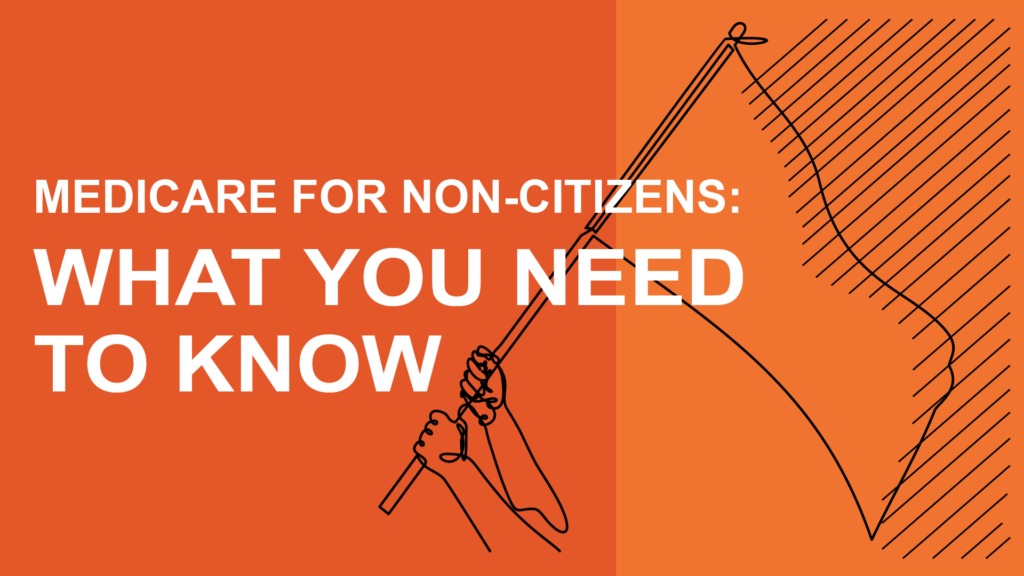Medicare coverage is not exclusive to U.S. citizens; legal permanent residents who have lived in the country for at least five consecutive years and meet the eligibility criteria can also sign up for Medicare.
Who is Eligible for Medicare?
The federal health insurance program, Medicare, offers coverage for America’s seniors and those under 65 with certain chronic disabilities. U.S. citizens who are 65 or older or have been receiving disability benefits through Social Security or the Railroad Retirement Board, or meet criteria specific to their disability, are eligible for coverage. Lawful permanent residents of at least five years are eligible if they meet the same criteria.
How Can I Get Medicare Coverage as a Non-Citizen?
Immigrants to the United States are not immediately eligible for Medicare coverage. First, you must become a legal permanent resident to become a beneficiary. Then, after five years of continuously living in America, you will be eligible for Medicare coverage if you are 65 or older, or under age 65, have a chronic disability, and meet the criteria specific to your condition. Once you become eligible for coverage, you can enroll in Medicare through Social Security.
How Do I Enroll in Medicare as a Non-Citizen?
Medicare is run by the Centers for Medicare & Medicaid Services, but to enroll, all beneficiaries must sign up through Social Security. If you already get retirement benefits from Social Security or the Railroad Retirement Board or are approaching 24 months of receiving Social Security Disability Insurance (SSDI), you can expect to be contacted by Social Security a few months before you are automatically enrolled in Medicare Part A. You then sign up for Medicare Part B during your Initial Enrollment period.
Do Non-Citizens Get the Same Medicare Coverage?
Yes! Medicare Part A and Part B are standardized, with the same coverage for every beneficiary in all 50 states, the District of Columbia, Puerto Rico, Guam, the U.S. Virgin Islands, American Samoa, and the Northern Mariana Islands.
Are Medicare Costs Different for Non-Citizens?
Non-citizens who enroll in Medicare can expect to pay the same costs as beneficiaries who are American citizens. Those costs depend on your work history, income, and disability or retirement benefit status. The same fees as an adjustment for higher incomes or for enrolling late for Part B or Part D also apply to non-citizens.
I’m Ready to Enroll in Medicare
Fantastic! Once you have confirmed your eligibility for coverage, you can sign up for Medicare benefits through Social Security during your Initial Enrollment Period. If you have Medicare Part A and Part B and want help signing up for a Medicare Advantage, Medicare Part D, or Medicare Supplement plan, work with a licensed insurance agent to find the best plan for your needs.


